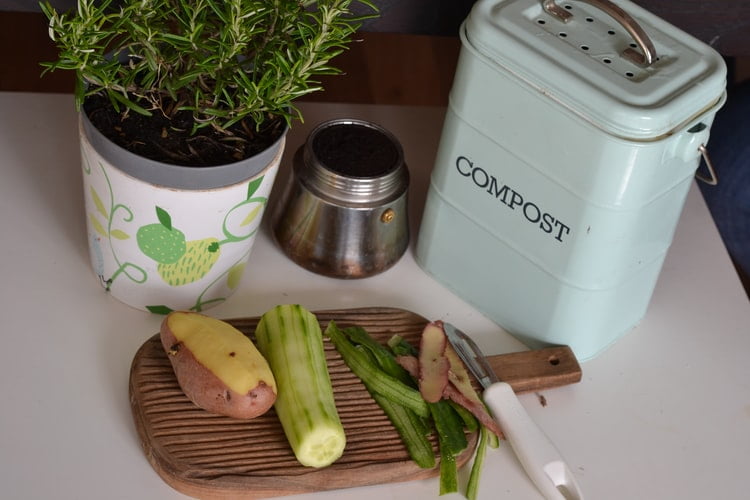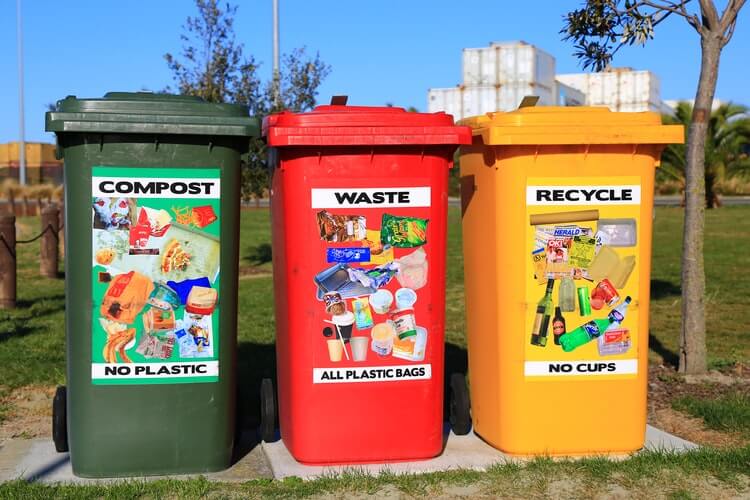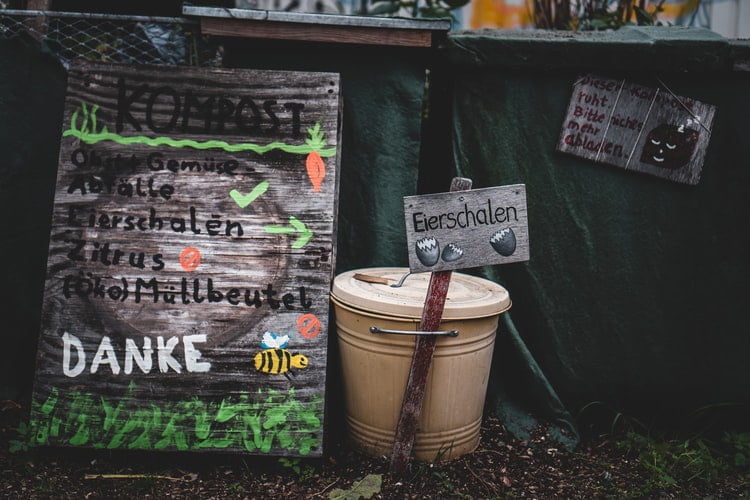
As climate change weighs heavy on the world’s collective mind, many homeowners wonder, what can I do at home to make a difference? If religiously recycling doesn’t feel like enough, take your eco-friendly ambitions to the next level by living a zero-waste lifestyle.
While it may seem challenging to transition to this new way of living, going zero-waste can help you lessen the impact of your carbon footprint on the world. For those not sure where to start, here are seven tips for living a zero-waste lifestyle.
Opt for recycled products
Recycling is essential to keeping waste from entering landfills, but purchasing recycled products can even more significantly impact the earth’s wellbeing. Buying recycled items limits pollution, saves energy, and encourages large corporations to continue manufacturing recycled products. From clothing made out of recycled fabric to skateboards made out of old plastic fishing nets, you can find almost anything you need or want in a recycled form.
For example, if your car requires upgrades or repairs, opt for recycled auto parts from salvage yards like Tear-A-Part. Not only will these junkyards save you money, but a trip to your local salvage yard will also prevent soil and water contamination. Because chemicals like antifreeze and motor oil can seep into nearby soil, should a totaled vehicle end up in a landfill, a reduced-reuse-recycle moto will steer you on the road to greener living.
Begin composting
In the U.S., 30 to 40 percent of the food supply ends up wasted. This food waste happens for many reasons, from retail equipment malfunctions to insect and rodent infestations on farms. However, consumers also play a role in producing food waste by over-purchasing and cooking more food than needed.
Rather than throwing your food scraps or moldy leftovers into the trash, try setting up a compost bin in your backyard. You’ll find yourself taking out the trash less often, and your garden will thrive thanks to the nutrient-filled soil amendment that composting produces.
Always carry reusable items
Wherever you go, make sure you have reusable bags, cups, straws, and utensils to avoid ending up with disposables from grocery stores and restaurants. When you head to your favorite coffee shop to fuel up in the mornings, bring along a reusable coffee mug and ask your barista to make your order in your cup. When shopping, use reusable produce bags and shopping bags to avoid taking home plastic bags that take centuries to decompose.
Try your hand at DIY projects
You may be used to obtaining your food and toiletries at the store. However, many of the items you buy may come packaged in plastic that goes straight into the trash. To go zero-waste, try your hand at making products at home that you would usually purchase instead. Making soap only takes a few ingredients and supplies, and making granola bars at home is quicker and easier than you may have assumed.
Opt for glass containers when you can
When you head to the store to buy ingredients for your dinner, make more informed purchasing choices by choosing items with repurpose-friendly packaging. For example, rather than purchasing pasta sauce in a plastic jar, choose a pasta sauce that comes packaged in a glass jar instead. Once you’ve emptied the jar, you can use it as storage, refilling it with anything you choose, from soup to spices.
Wash and reuse cooking tools
Plastic Ziploc bags are often a mainstay in the kitchens of families worldwide, useful for storing anything from sandwiches to chips and candy. While many people view Ziploc bags as a single-use product, so long as your bag doesn’t have any holes in it, you can actually wash it and reuse it for other food items. You can also use tinfoil more than once. Simply scrub your tinfoil down with a dish brush, hot water, and soap, and it’s ready to either be recycled or put back to work again.
Write down items you throw out
Being conscious of how much waste you produce is one of the best ways to identify how to switch to a waste-free lifestyle. Throughout the week, write down everything you throw out, from clothing to food. Once you’ve compiled your list, you’ll have a better idea of what you need to work on to transition to a greener way of living. Continue to compile this list as you work towards living waste-free to track your progress and hold yourself accountable.
The bottom line
Living waste-free isn’t always easy. Sometimes producing waste is inevitable, but that doesn’t mean you’ve failed at helping the environment. Any little effort you put into reducing your personal waste will positively impact the world, so don’t be afraid to try.
Read Also:































